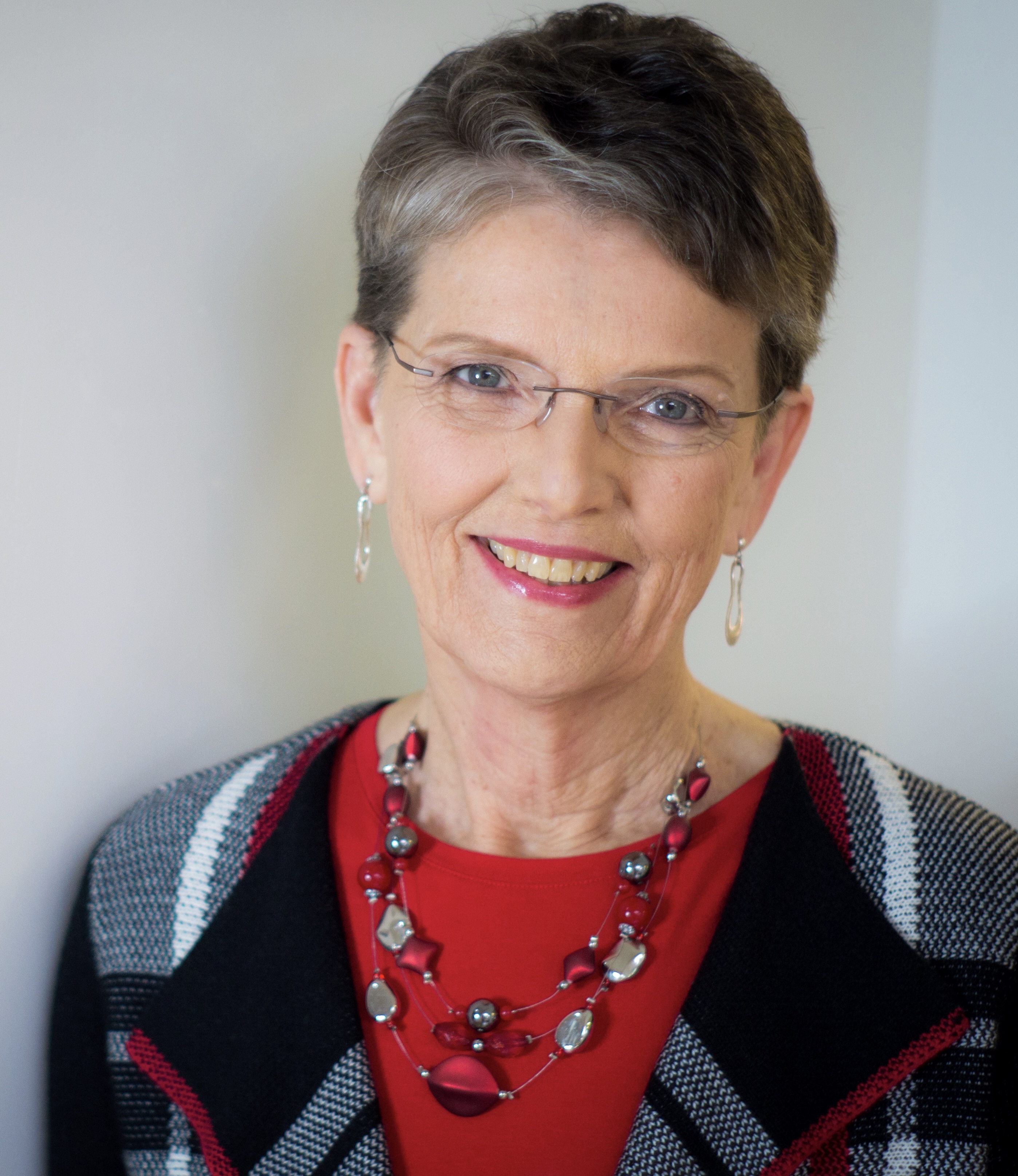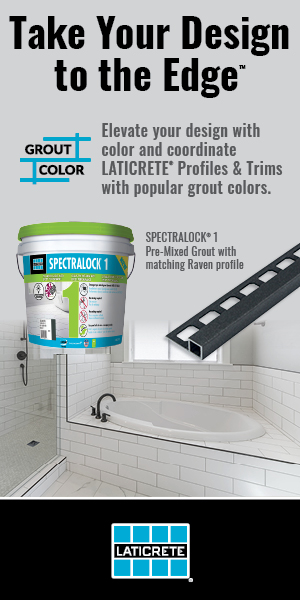According to a study by New York Times bestselling authors Joseph Grenny and David Maxfield, three out of four people make a New Year’s resolution to improve their work/life balance, but fewer than one in 10 people succeed at this resolution.
The study found those who did succeed in keeping their workplace resolutions attributed it to one or more of the following four behavior changes:
- Making and keeping habits/rituals/regular behaviors
- Defining and keeping priorities
- Organization – do this here, do that there
- Creating space or break times
I couldn’t have asked for more solid evidence that the principles and practices that have evolved in the Productive Environment Institute over the past 30+ years can indeed help you to “accomplish your work and enjoy your life!” So let me elaborate:
Making and keeping habits
Your habits determine your results. Clients often ask me, “What SHOULD I do?” My reply, “That is the wrong question.” The question that will get the results you want is “What WILL I do?”
There are so many ways to get to the same result. For example, if you want to increase your marketing efforts, you can attend more networking groups, send more emails, write more notes, make more phone calls, ask more clients for referrals, etc. The question is, which one WILL you do, and then, most importantly, create a plan to make it a habit.
For example, I enjoy writing personal notes, and I have found them to be very effective. When I was a child growing up on the farm in Nebraska, we weren’t allowed to work on Sunday, but one thing my mother had me do on Sunday was write thank you notes. To this day, I spent almost every Sunday afternoon writing notes.
Defining and keeping priorities
The refrain “If you don’t know where you’re going, any road’ll take you there” was essentially a paraphrase of an exchange between Alice and the Cheshire Cat in Lewis Carroll’s Alice’s Adventures in Wonderland: “Would you tell me, please, which way I ought to go from here?”
One of the biggest stumbling blocks to defining and keeping priorities is not being able to define specifically where you want to go. When my first marriage of 14 years came to an end, I was sitting in a counselor’s office. She asked the question, “Barbara, what do you want?” My reply, “I really don’t know.” Her reply has become a cornerstone in my life and my business: “Let’s start with what you don’t want.” What you don’t want is “clutter” – and it comes in many forms including physical, digital, emotional and spiritual. I’ve observed with clients that physical and digital clutter is a symptom of emotional and spiritual clutter. As it says in Proverbs, “Without a vision, the people perish.”
Organization
My business has been based on four words: Clutter is Postponed Decisions®. Unfortunately, many people misunderstand what “organization” really means. For example, they have heard the oft-quoted phrase, “A place for everything, and everything in its place.” If that statement were a requirement for organization, I would be classified as one of the most disorganized people on earth. It’s true – there must be a “place for everything,” – but “everything in its place” is impossible for most business owners who love to start things but have difficulty finishing them! (Guess how I know?) The solution? Identify a specific day each week to clear the clutter. If it takes more than 15-30 minutes to do it, there’s something wrong with your SYSTEM (Saving You Space Time Energy Money).
Creating space or break times
This principle applies to physical and emotional space. A study by Office Max found 87% of workers admit that during those times when their space is cluttered they feel less productive. A study by Brother International indicated that collective, messy desks and time spent looking for misplaced items cost corporate America $177 billion annually. One of our most popular solutions to increase productivity and teamwork in an office is holding a “Productivity Party” – a day packed with training, de-cluttering – and prizes!
Personally, this past year has been my most productive year ever – and I attribute it to one major change. I spend at least 15 minutes first thing every morning in prayer and planning. That space in my day and habit in my life has dramatically increased my ability to accomplish my work and enjoy my life.
Research shows that you are 77.6% more likely to accomplish a goal if you have an accountability partner. I’ve had numerous accountability partners through the years, and it sums up one of my favorite Productive Environment Institute principles: “Together We Are Better!”


Barbara Hemphill
Barbara Hemphill is one of the country’s leading productivity experts, and is passionate about helping individuals and organizations create and sustain a productive environment. She is author of the best-selling “Taming the Paper Tiger” book series. In “Bushido Business,” Barbara joins Tom Hopkins, Brian Tracy & Stephen M. R. Covey, sharing how they learned how to be successful. Her latest book is “Less Clutter More Life.” To contact Barbara Hemphill about speaking or consulting for your organization:
[email protected]







